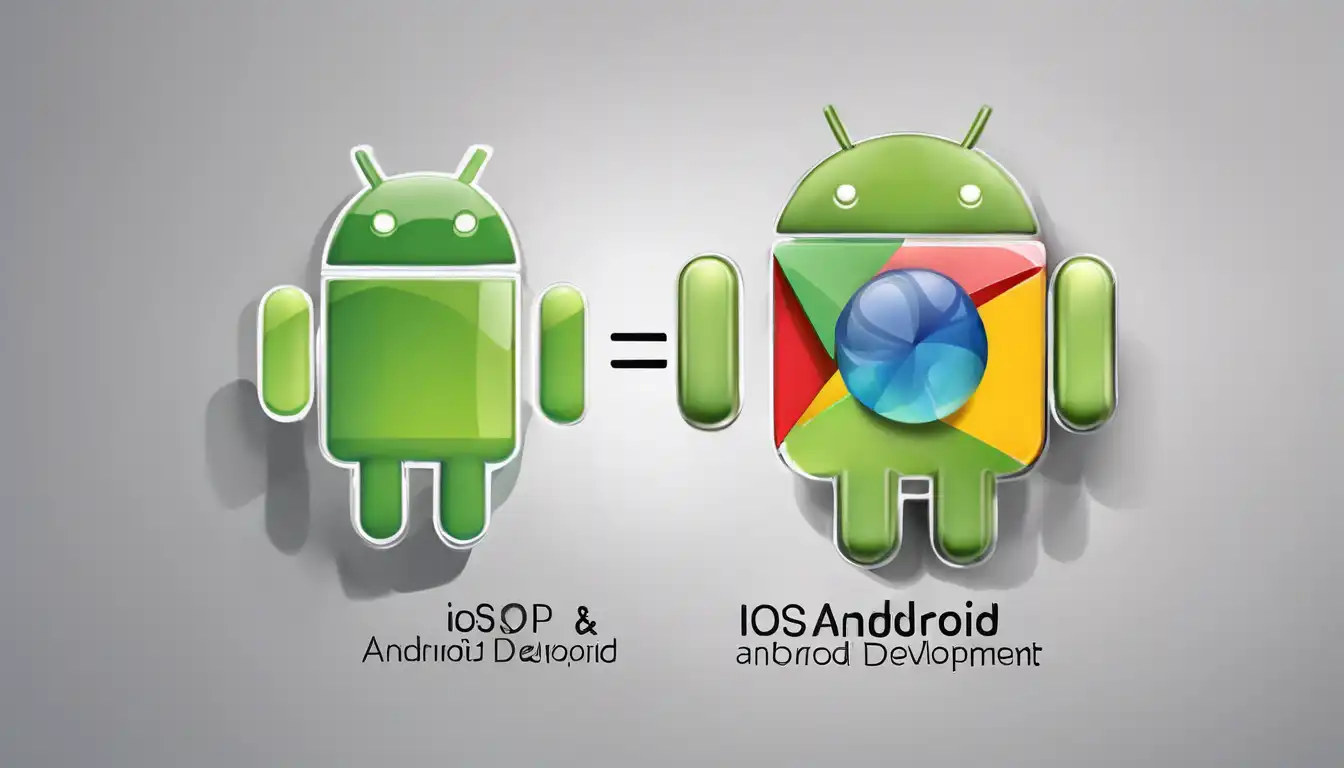Understanding iOS and Android Development
When it comes to mobile app development, iOS and Android stand out as the two dominant platforms. Each has its unique ecosystem, development tools, and user base. Understanding the differences between iOS and Android development is crucial for developers aiming to create successful applications.
Development Languages
One of the primary differences lies in the programming languages used. iOS development primarily uses Swift or Objective-C, while Android development relies on Java or Kotlin. Swift is known for its simplicity and efficiency, making iOS development faster in some cases. On the other hand, Kotlin offers modern features that appeal to Android developers.
Development Environments
iOS developers use Xcode, Apple's integrated development environment (IDE), which is only available on macOS. Android developers, however, can use Android Studio on multiple operating systems, including Windows, macOS, and Linux. This difference can influence a developer's choice of platform based on their available hardware.
Market Share and Monetization
Android holds a larger global market share, offering a broader audience but also more fragmentation in terms of devices and OS versions. iOS users tend to spend more on apps, making it a lucrative platform for monetization through paid apps and in-app purchases.
Design Guidelines
Apple and Google have distinct design philosophies. iOS apps follow Human Interface Guidelines, emphasizing clarity and depth, while Android apps adhere to Material Design principles, focusing on motion and flexibility. These guidelines influence the user experience and app aesthetics.
App Approval Process
The App Store is known for its stringent review process, which can delay app launches but ensures higher quality and security. Google Play has a more lenient approval process, allowing for quicker releases but potentially lower quality control.
Fragmentation and Compatibility
Android's open nature leads to a wide range of devices and OS versions, complicating development and testing. iOS's controlled ecosystem results in fewer devices and OS versions, simplifying the development process.
Conclusion
Choosing between iOS and Android development depends on various factors, including target audience, monetization goals, and development resources. Both platforms offer unique advantages and challenges, making it essential for developers to weigh these differences carefully.
For more insights into mobile development, check out our technology section.
